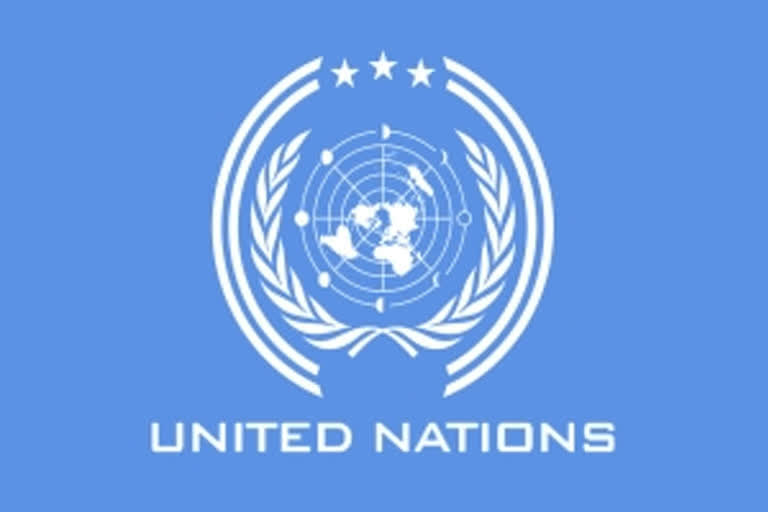New York: A special two-day session will be held at the UN General Assembly (UNGA) on Thursday with more than 100 world leaders -- some 53 heads of state, 39 heads of government and 38 ministers due to make pre-recorded video statements, including India's Secretary West Vikas Swarup.
Among the leaders slated to address the session are French President Emmanuel Macron, German Chancellor Angela Merkel, British Prime Minister Boris Johnson, Japan's Prime Minister Yoshihide Suga, South African President Cyril Ramaphosa, and European Union chief Charles Michel. The United States will be represented by Health and Human Services Secretary Alex Azar.
Read:| World leaders to address UNGA special session on COVID-19
"Following 1.5 million deaths, more than 62 million cases worldwide and one of the largest social and economic crises in living memory, controlling and recovering from COVID-19 is the international community's top priority," according to a UNGA press release.
The two-day special session will primarily consist of a general debate on Thursday and interactive dialogues with experts, UN agencies and leading scientists, on Friday.
Serum Institute of India Chief Executive Officer Adar Poonawalla will also address the session through a pre-recorded video on December 4.
President Donald Trump is not listed as a speaker for the session and the United States has reportedly claimed that the United Nations meeting of world leaders on the COVID-19 pandemic was being designed to allow Beijing to spread "propaganda."
The U.N. General Assembly agreed in October to hold the COVID-19 special session by adopting a resolution with 150 votes in favour. The United States, Israel and Armenia abstained and the remaining members didn't vote.
Read:| India slams Pakistan for violating UN resolution
Bozkir's spokesman Brenden Varma said the president thought that the meeting was "already too late" and should have happened in the summer. Varma added the meeting was created as a way to promote multilateralism in a time of crisis.
The point is "to bring countries together, along with U.N. actors, with the private sector, with vaccine developers to work together ... to take stock and to identify gaps and challenges," Varma said.
ANI



